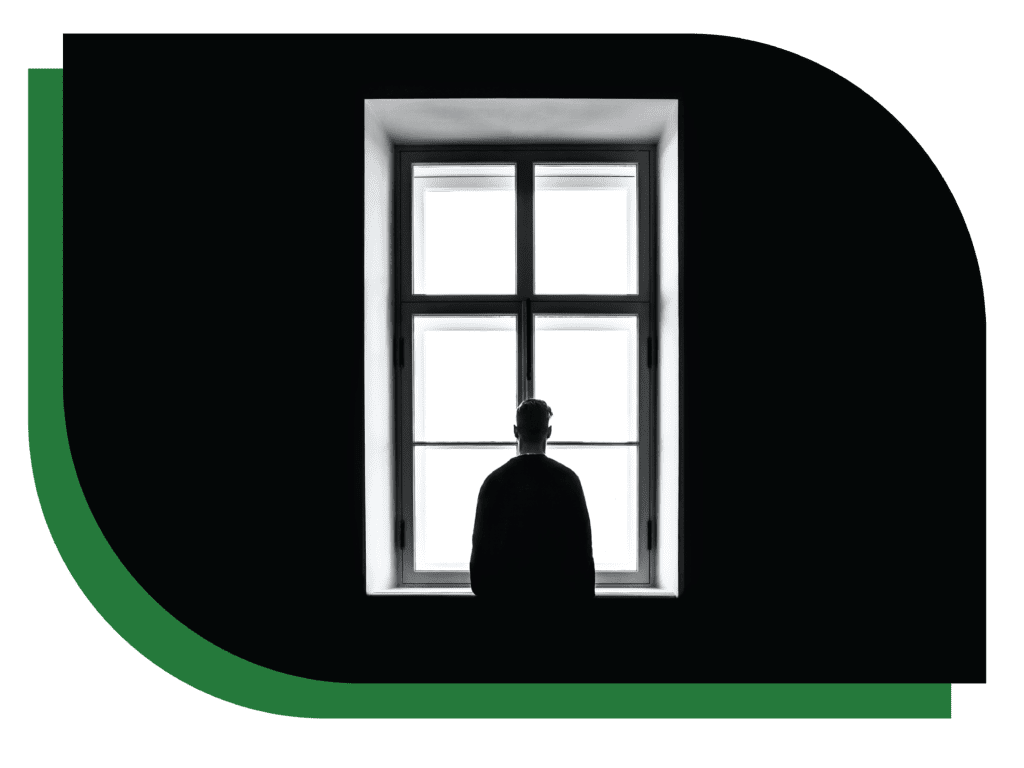
Suicide and Self-Harm
Suicide and self-harm prevention starts with open conversations and education about mental health, helping to reduce stigma and encourage individuals to seek help. You are not alone.
Suicide and self-harm are critical issues that disproportionately affect young people, often stemming from feelings of hopelessness, isolation, and overwhelming emotional distress. Adolescents may struggle with various pressures, including academic stress, relationship issues, and mental health challenges, leading them to engage in self-harming behaviors as a way to cope with their pain. It is crucial to recognize the signs of distress in youth, such as withdrawal from friends and family, changes in mood or behavior, and expressions of hopelessness. Creating an environment where young people feel safe to express their feelings and seek help can make a significant difference in their lives.
Preventing suicide and self-harm among youth requires a proactive approach that includes open communication, education, and accessible resources. Schools, parents, and community organizations play a vital role in fostering a culture of understanding and support, where young people feel empowered to talk about their emotions without fear of judgment. Providing mental health education and promoting awareness of available resources can help reduce stigma and encourage youth to seek help when they need it. Crisis hotlines, counseling services, and support groups are essential tools in the prevention toolkit, offering guidance and understanding to those in need. By prioritizing mental health and providing the necessary support, we can create a nurturing environment that helps young people navigate their challenges and fosters resilience.
Find Help
Struggling with Thoughts of Suicide or self-harm?
If you or someone you know is struggling with thoughts of suicide or self-harm, it’s important to reach out for help—support is available, and you don’t have to face this alone. Please explore the resources provided here for compassionate guidance and assistance on the path to healing and hope.
988 Suicide and Crisis Lifeline: Call 988 or Chat Now; Veterans Crisis Line , ASL for Deaf/Hard of Hearing, and En Español specific resources available
National Suicide Prevention Lifeline: Call 1-800-273-TALK (8255)
Mental Health Crisis Lines 24/7: Call CRISIS (274747) or Text “MN” to 741741
Minnesota County Adult Mental Health Crisis Line: Hubbard County Call 1-800-422-0045; Becker County Call 1-218-850-HELP(4357); More County Adult Crisis Lines
Minnesota County Children’s Mental Health Crisis Line: Hubbard County Call 1-800-422-0045; Becker County Call 1-218-850-HELP(4357); More County Children’s Crisis Lines
The Trevor Project: Call 1-866-488-7386 or Text “START” to 678678; LGBTQIA2S+ Specific
